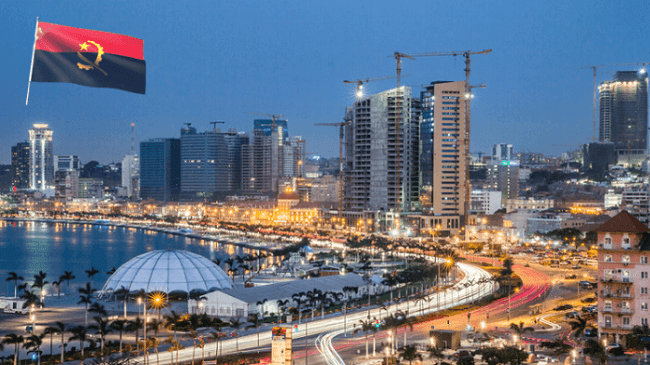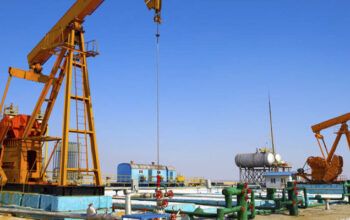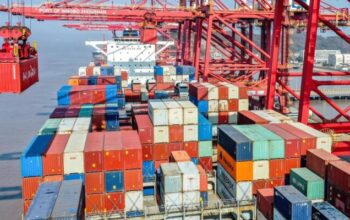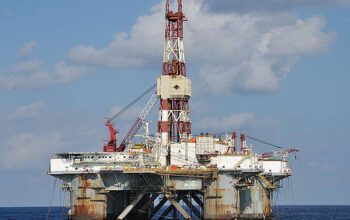The World Bank’s prospects for Angola are more favorable than the previous ones, having increased this year’s growth projection to 3.1 percent, against the 2.9 presented in April.
In the report released yesterday from Johannesburg, South Africa, by Reuters, the World Bank justifies the upward revision due to the benefits generated to national accounts by the high prices of a barrel of oil. The economy of Sub-Saharan Africa, on the whole, is expected to grow 3.3 percent this year, but below the 4.1 percent recorded in 2021, reports Reuters. This scenario outlined by the World Bank is due to the slowdown in global growth, the drought, the increased risk of over-indebtedness and the increase in inflation aggravated by Russia with the armed conflict in Ukraine.
“The 2022 forecast was cut from a 3.6 percent forecast made in its last semi-annual update in April, when the bank lowered projections for Nigeria and South Africa, two of Africa’s largest economies, plus Ghana, which is facing an economic crisis”, reads the note. Chinese lockdowns that disrupt supply chains and depress demand for African commodities, the war in Ukraine and rich countries raising interest rates were all to blame for the predicted downgrade, the bank said.
“High food prices are causing difficulties with serious consequences in one of the most food insecure regions in the world,” the World Bank said in a statement accompanying the latest “Africa Pulse” report. “The interconnected crises come at a time when the fiscal space needed to mount effective government responses is virtually exhausted.” Of the 33 countries with available data, 29 had inflation above 5.0 percent in July, while in 17 it was double-digit.
The number of countries experiencing debt difficulties has changed little, the World Bank said, but noted that borrowing costs are rising. In Ghana, which sought help from the International Monetary Fund, amid inflation that hit 33.9 percent in August and a weakening cedi (local currency), growth is expected to slow to 3.5 percent this year, compared with a forecast of 5.5 percent in April.
The World Bank also cut growth forecasts for Nigeria and South Africa from 3.8 percent and 2.1 percent to 1.9 and 3.3 percent, respectively. It also states that Côte d’Ivoire is expected to be the fastest growing economy in West Africa this year at 5.7 percent, but that Senegal is expected to overtake it with an expansion of 4.8 percent year on year. before accelerating to 8.0 percent in 2023 and 10.5 percent in 2024. The forecast for Kenya, East Africa’s biggest economy, was unchanged from April, at 5 percent.
![]()




